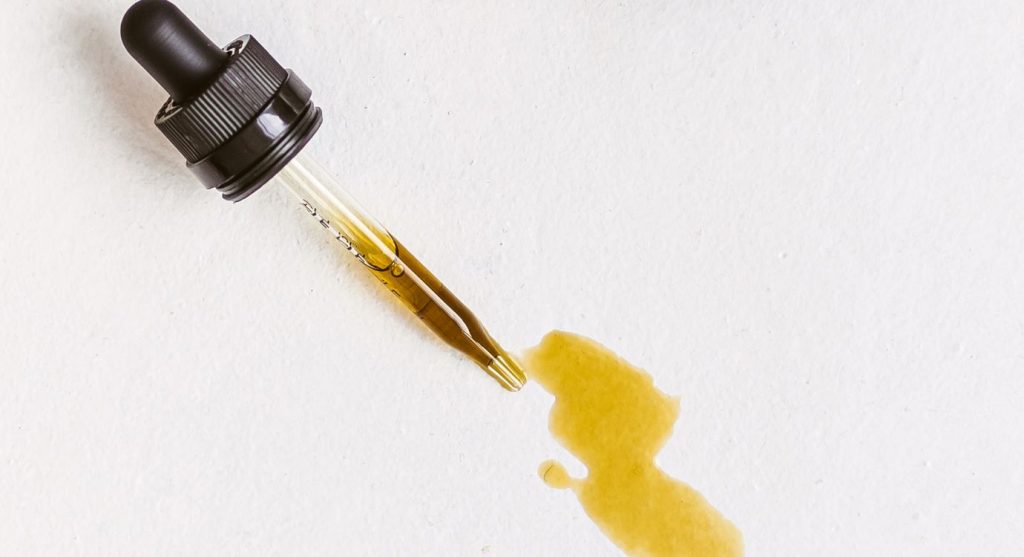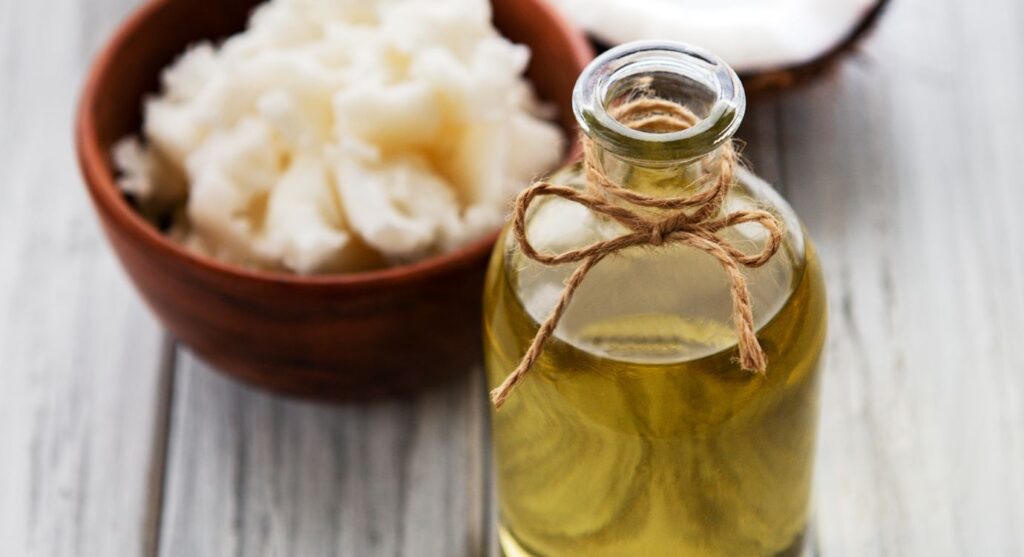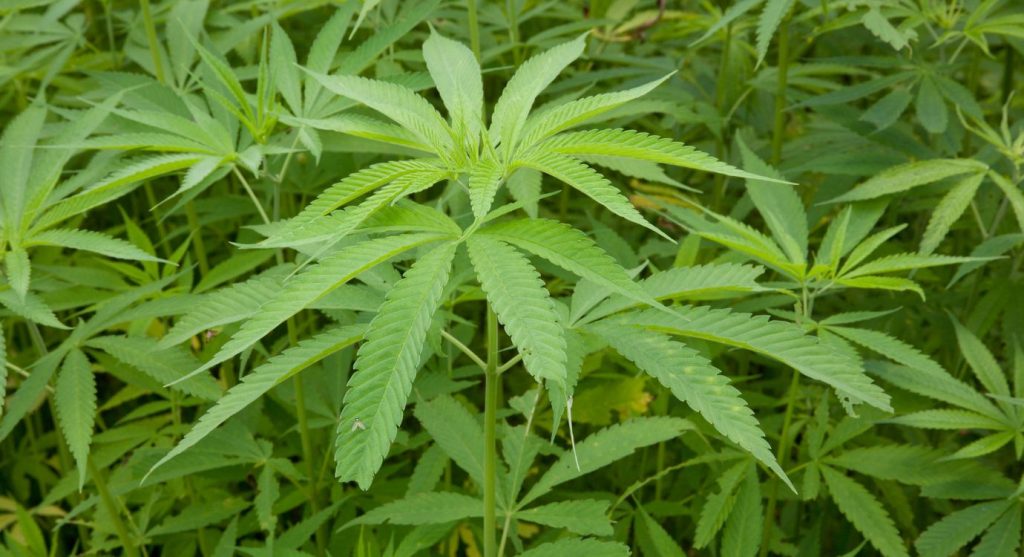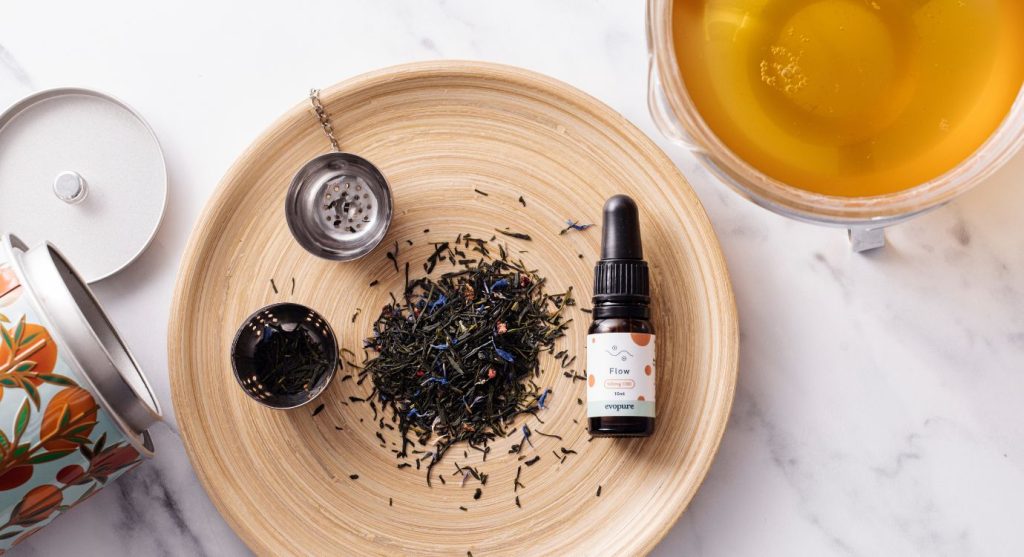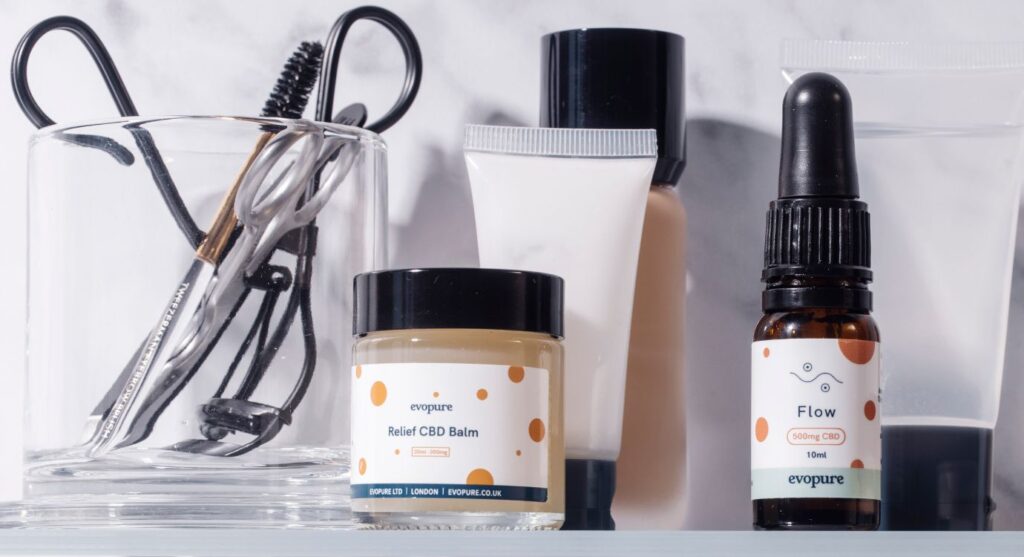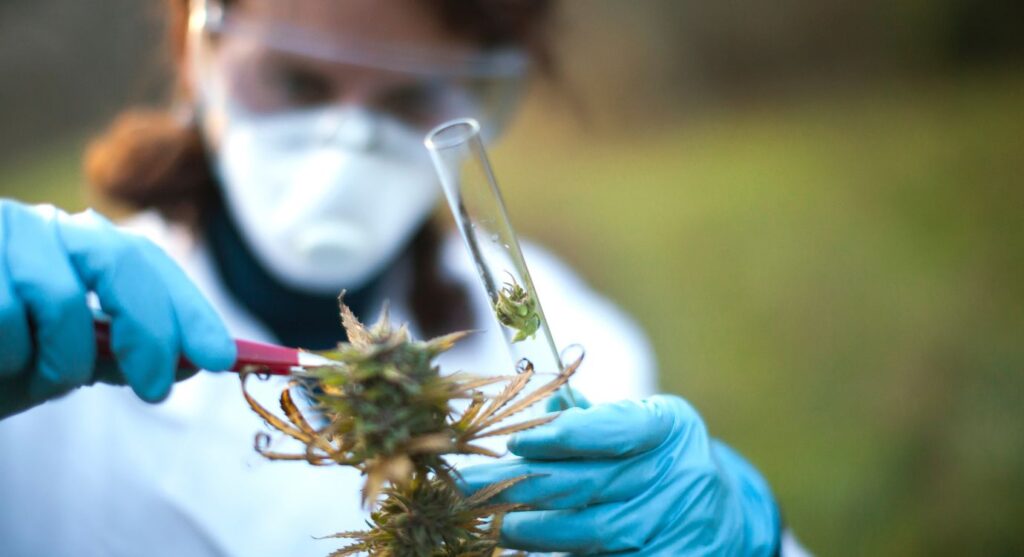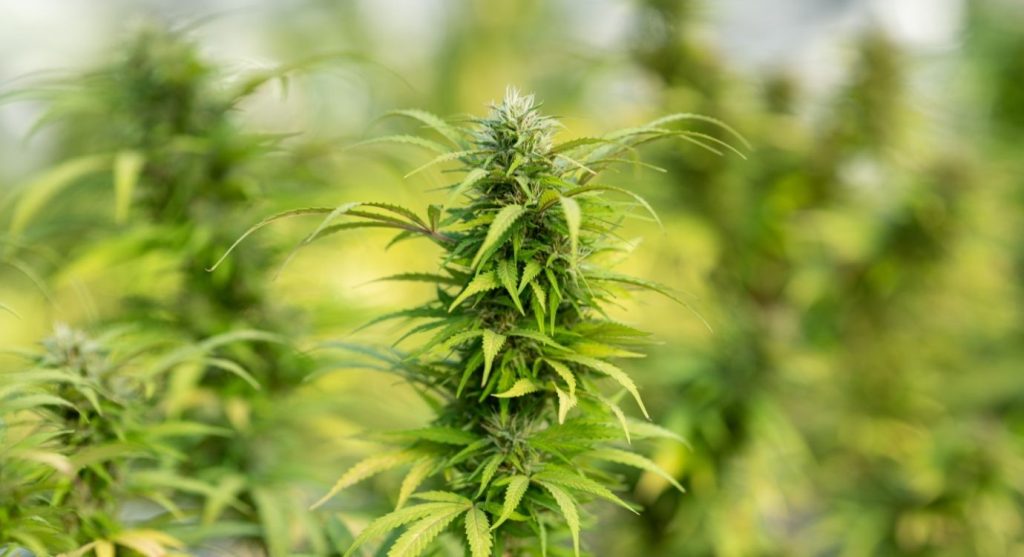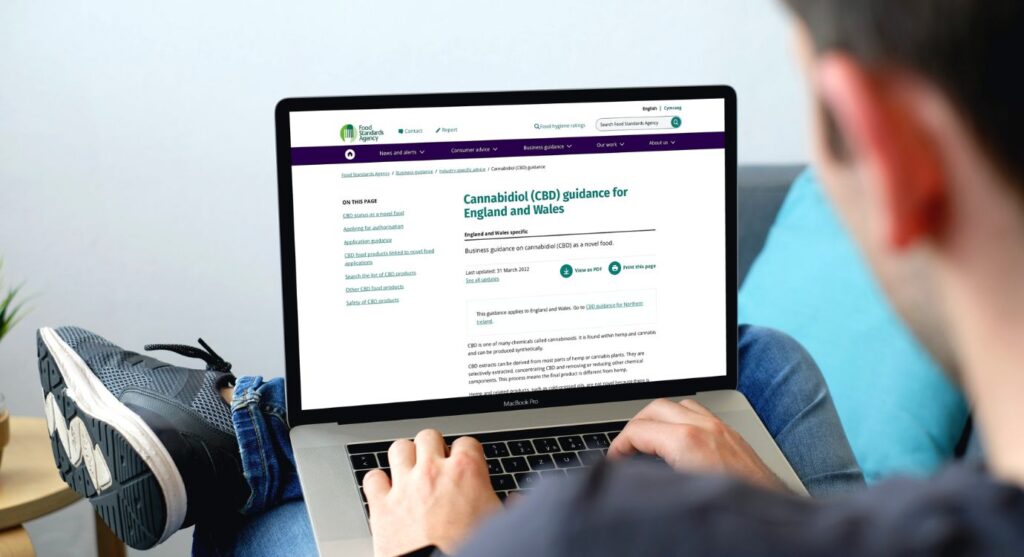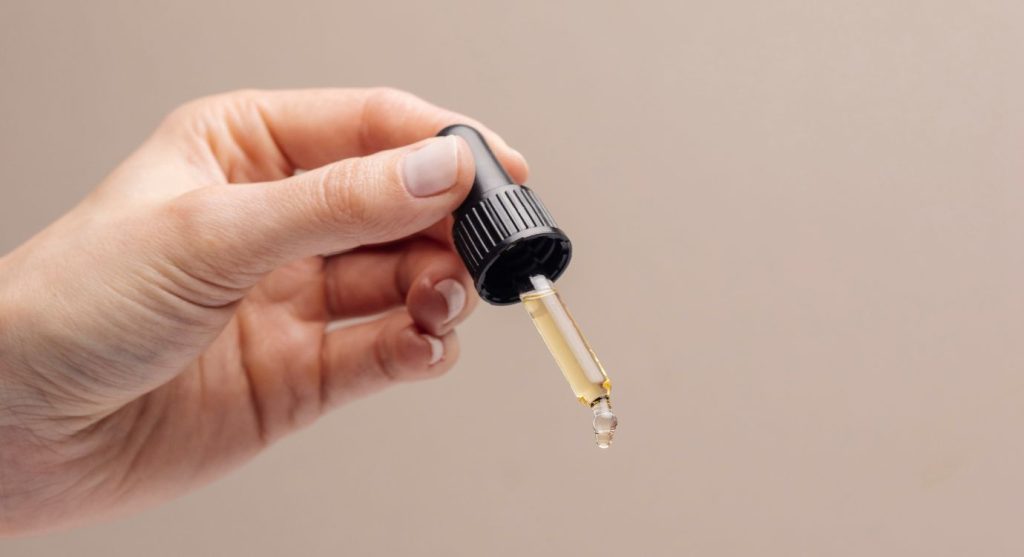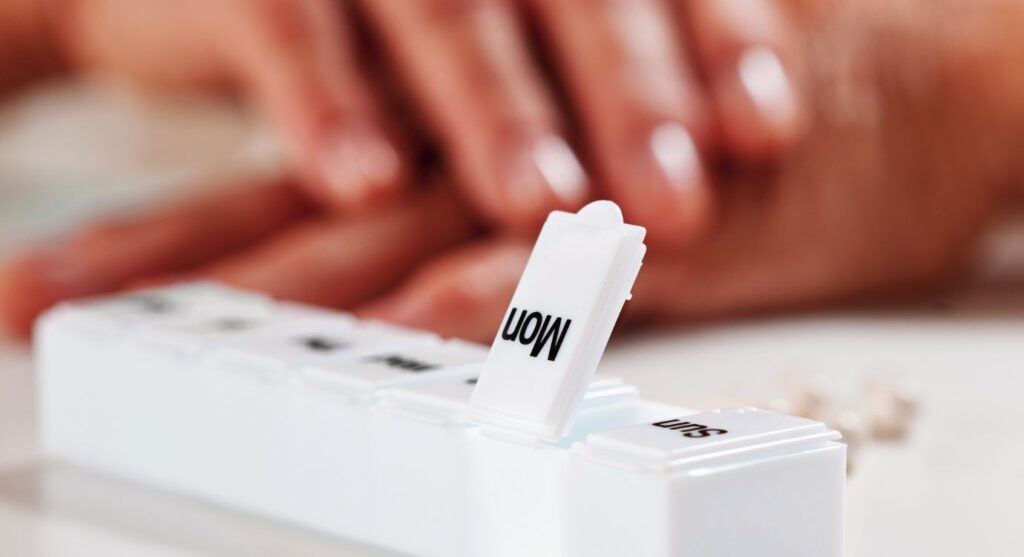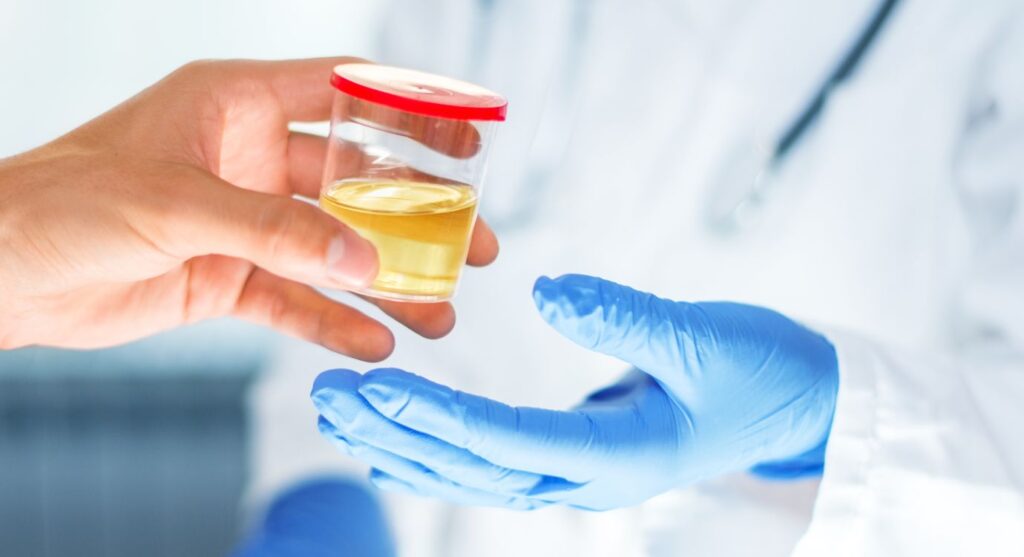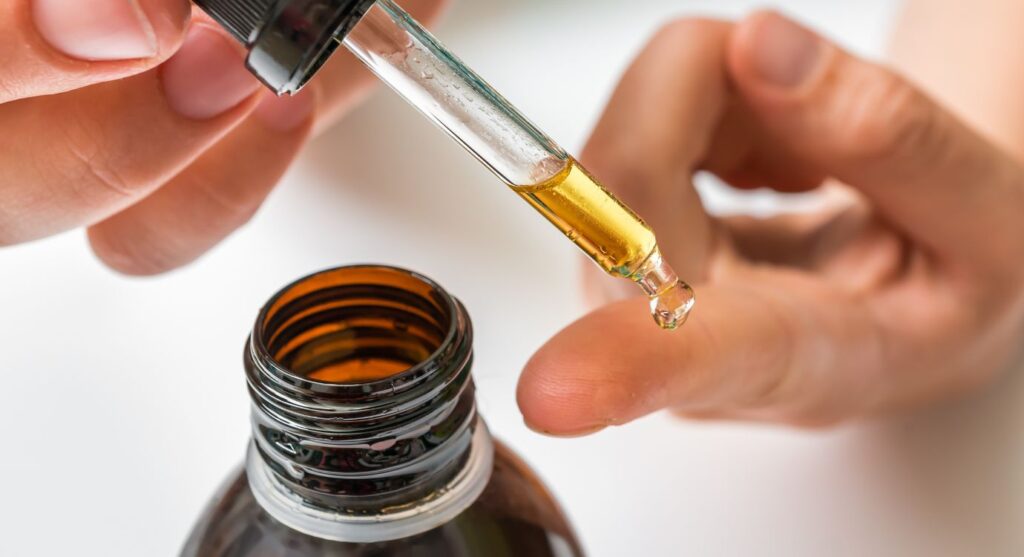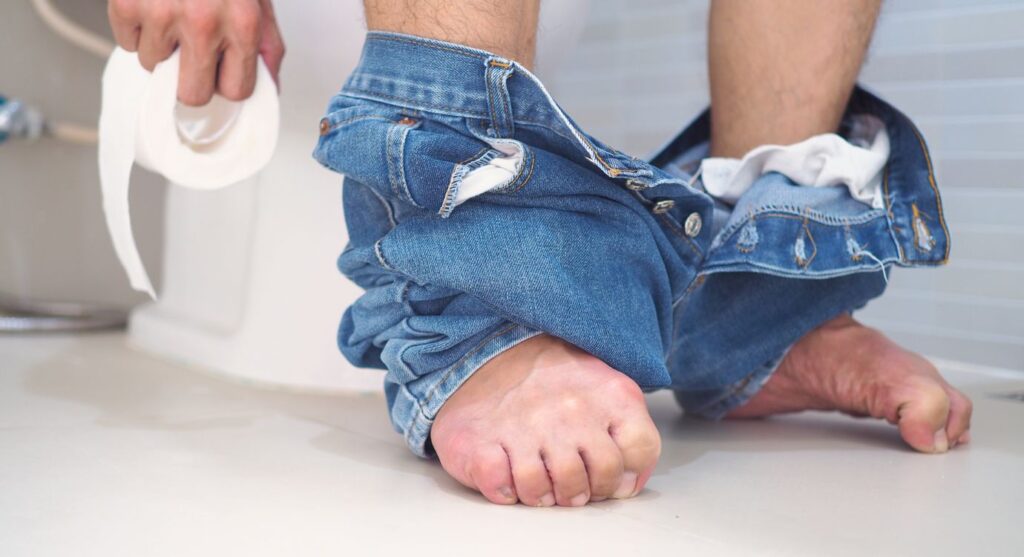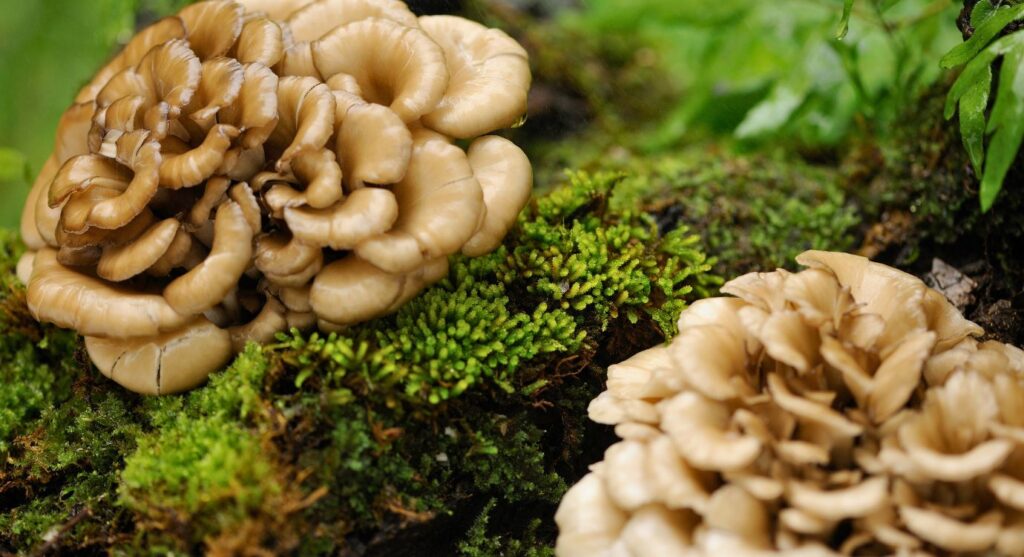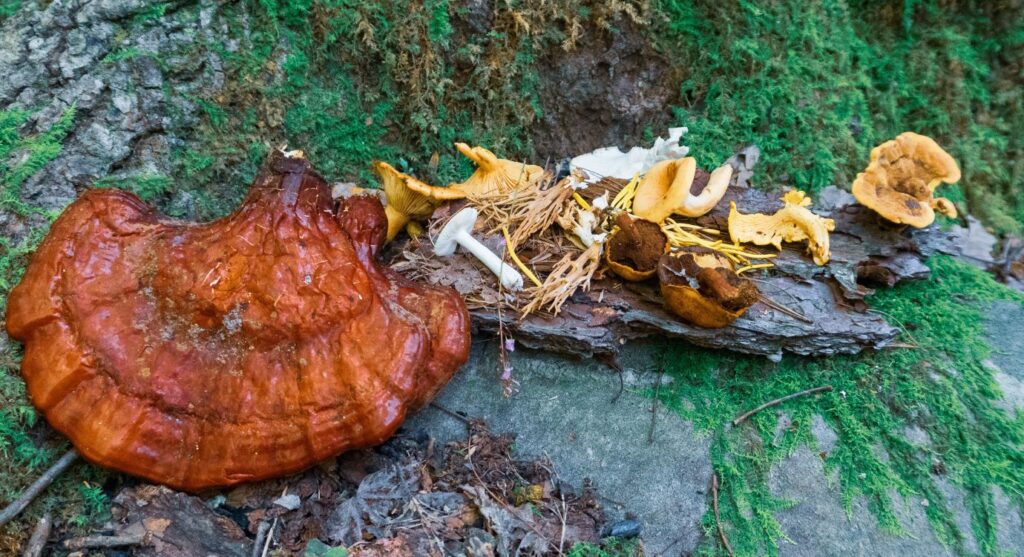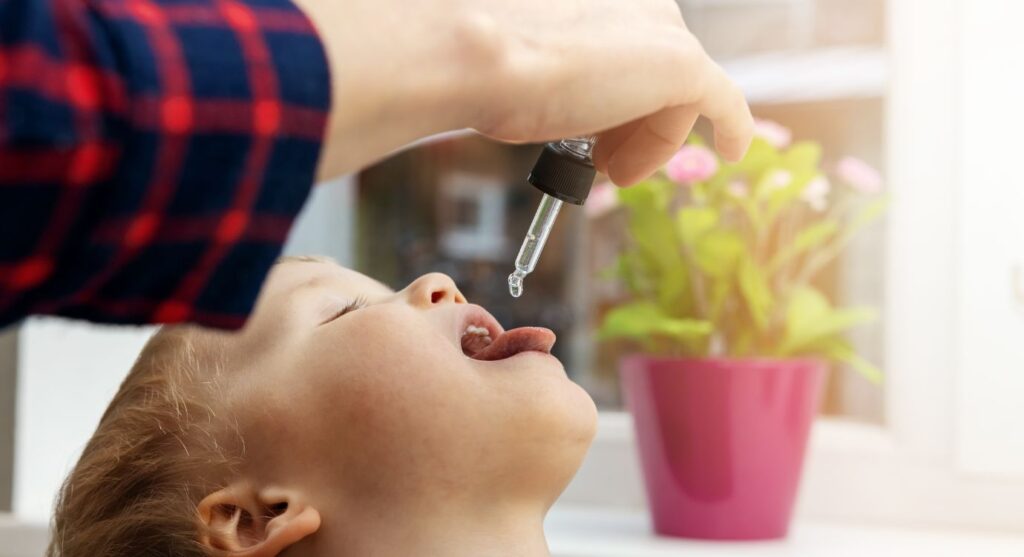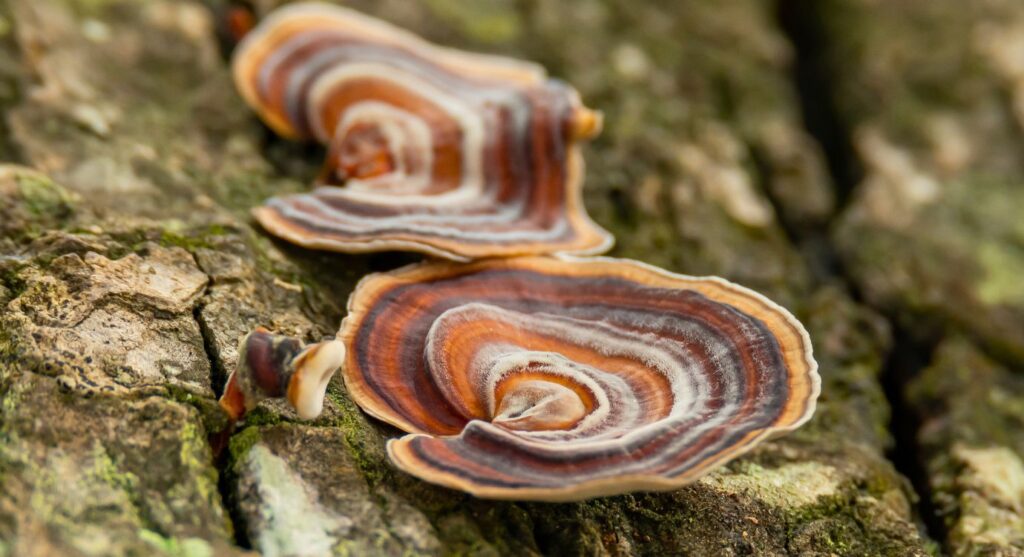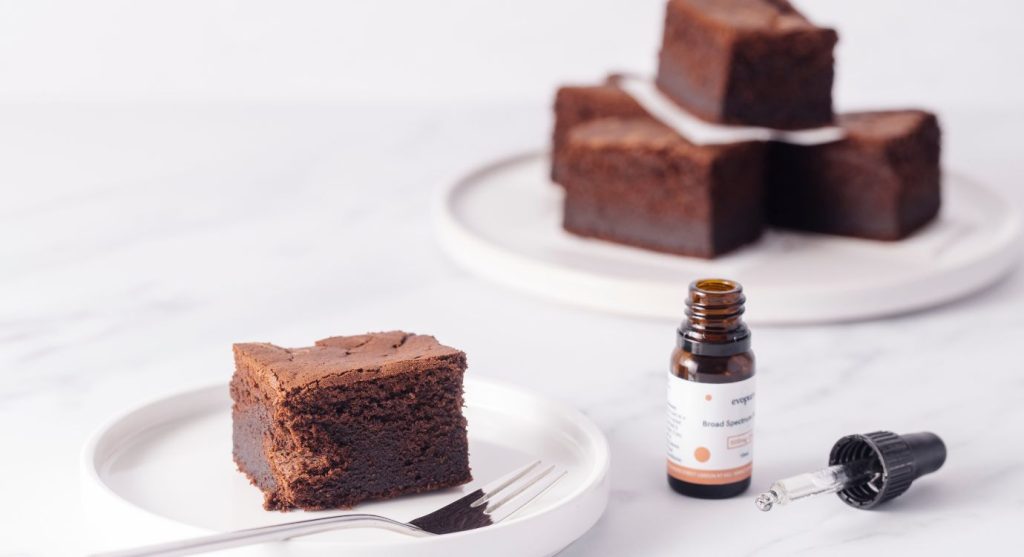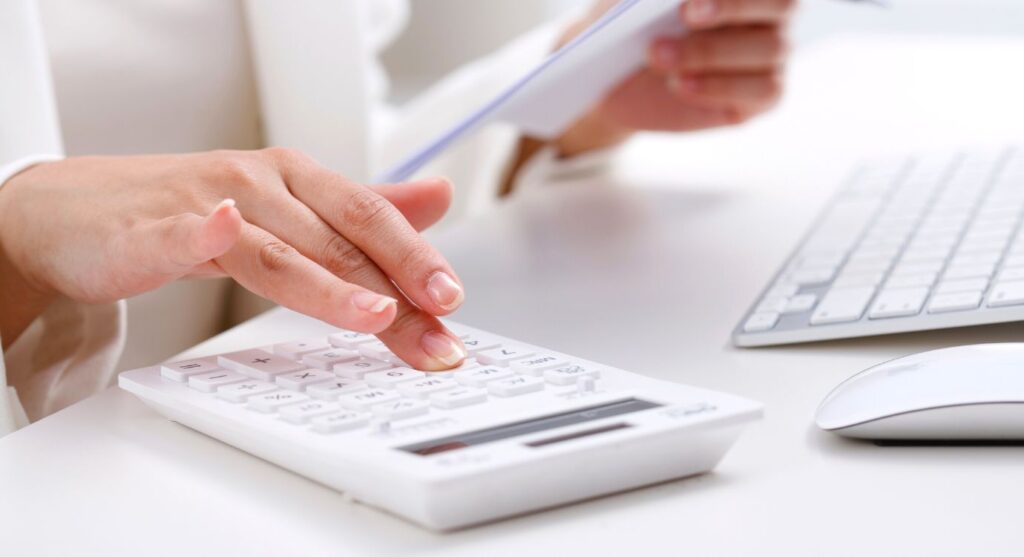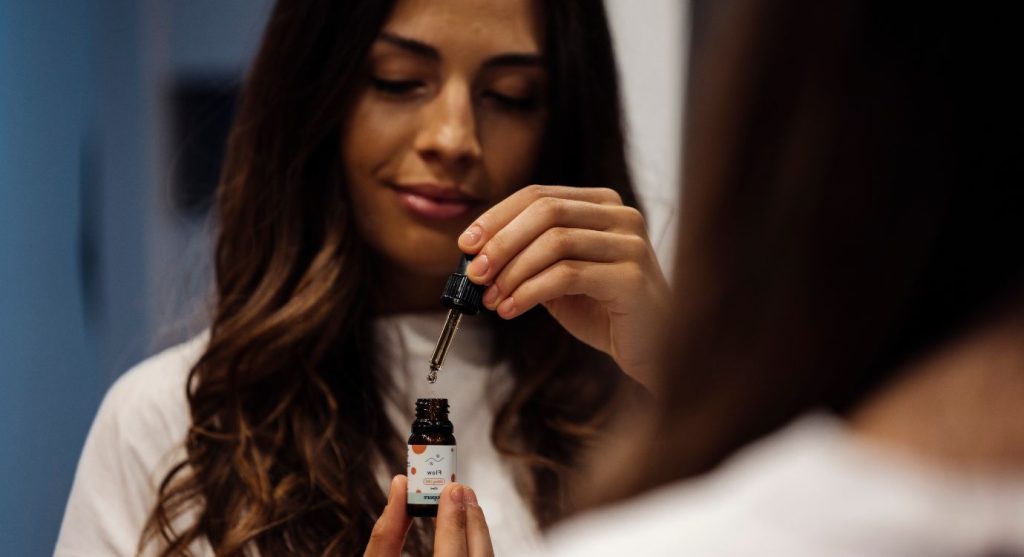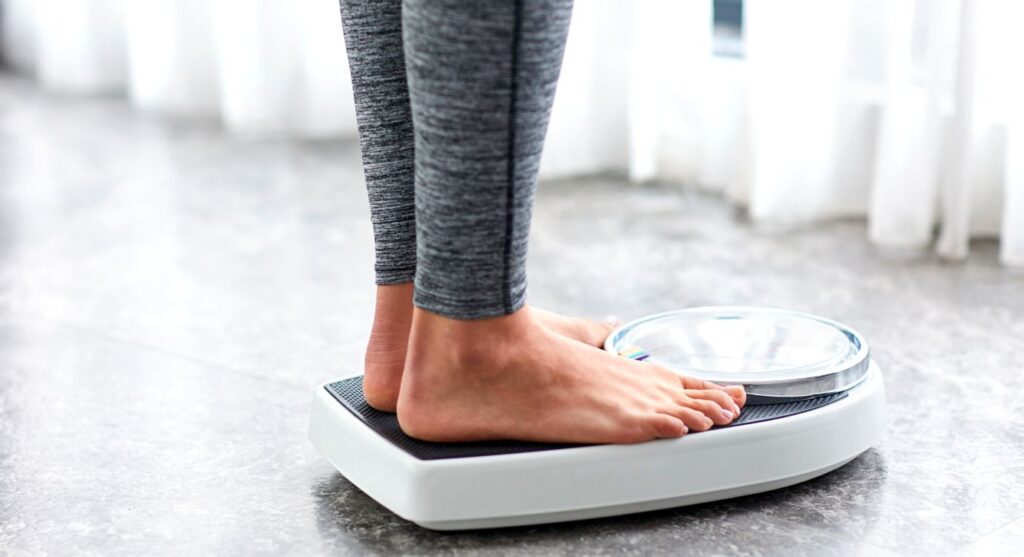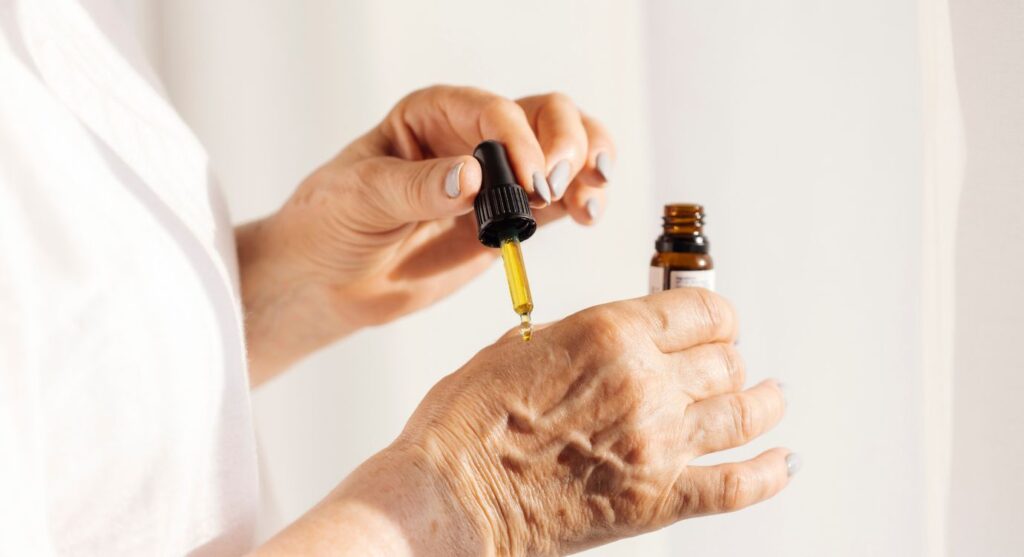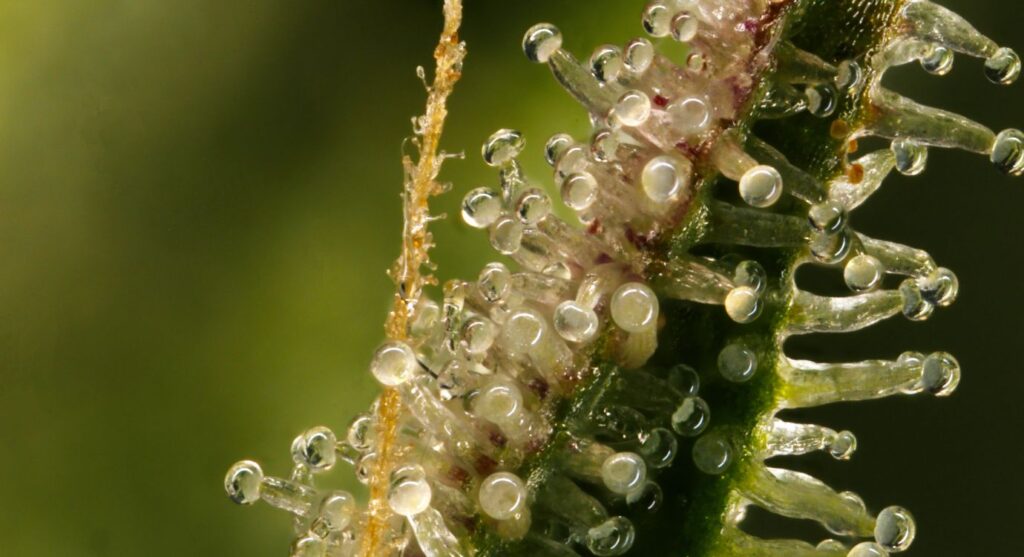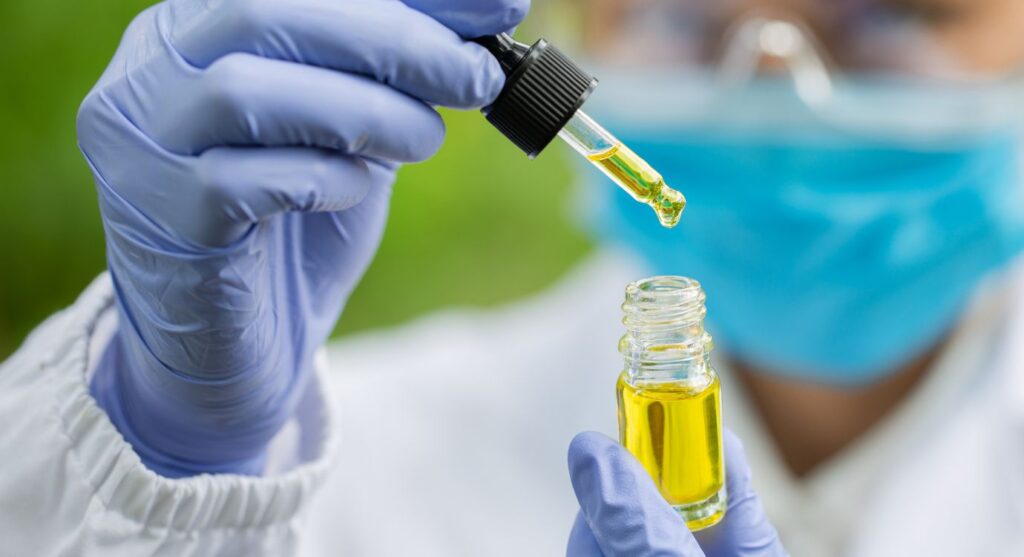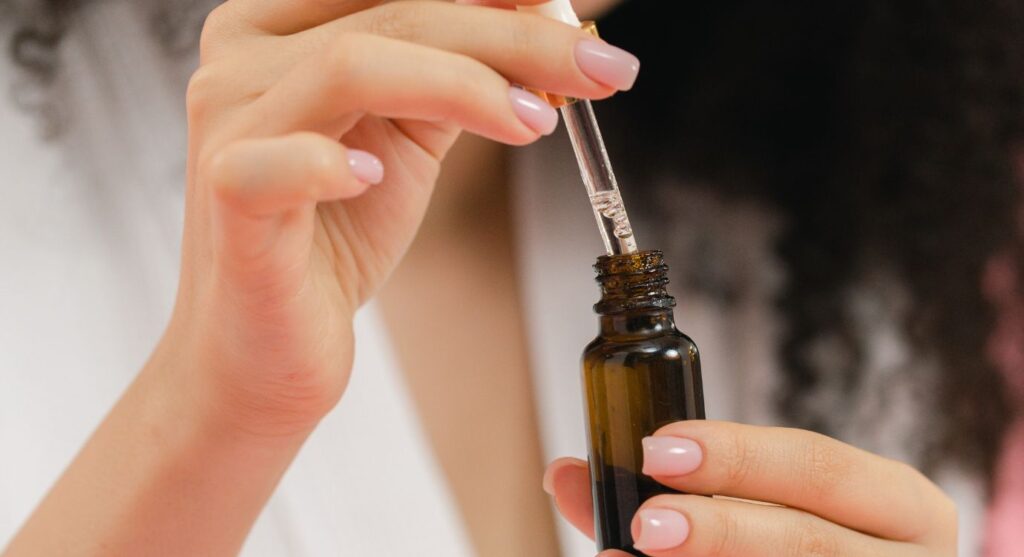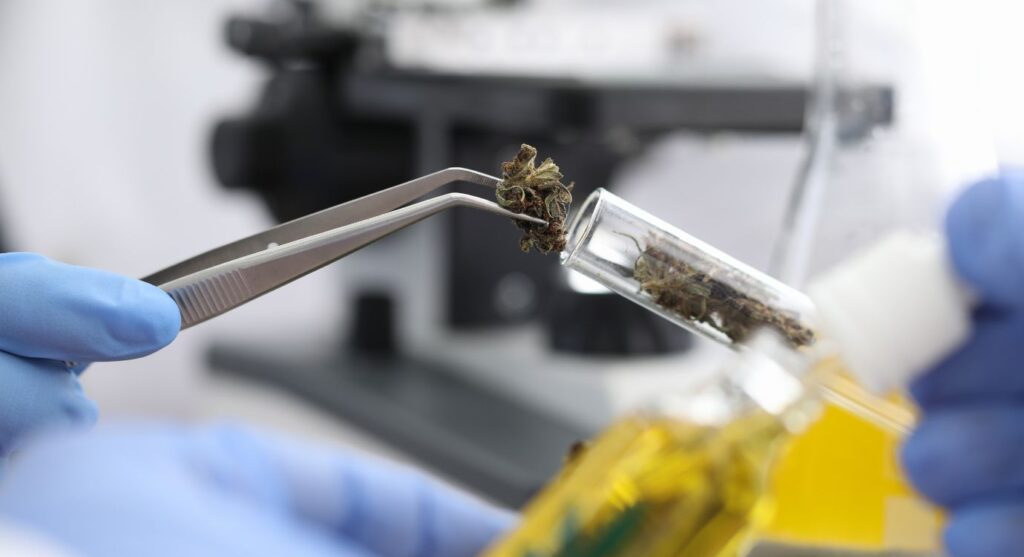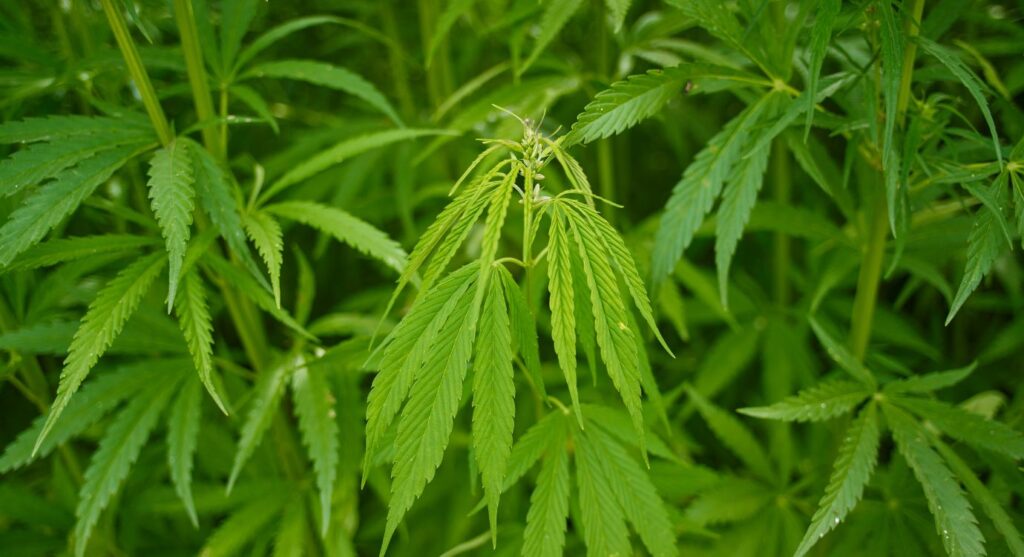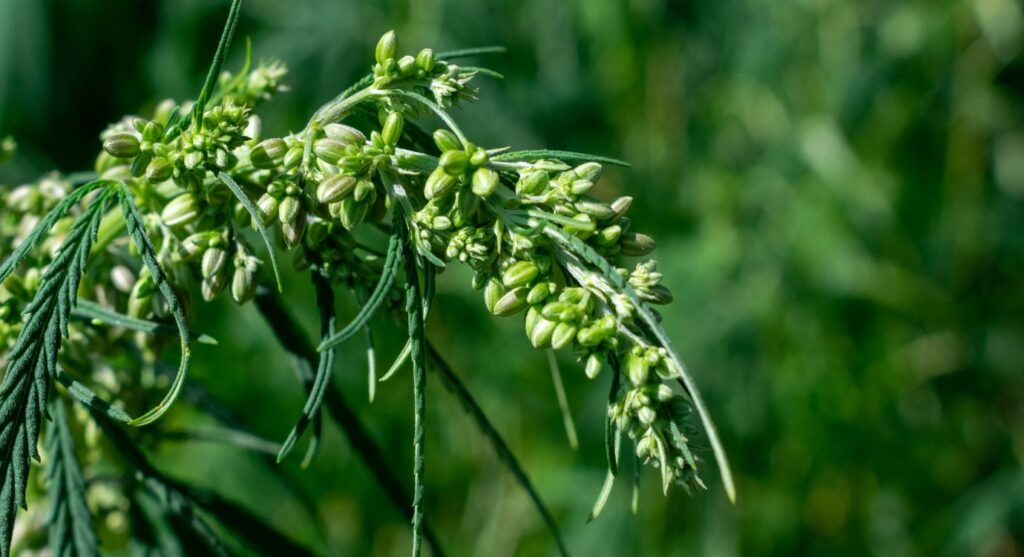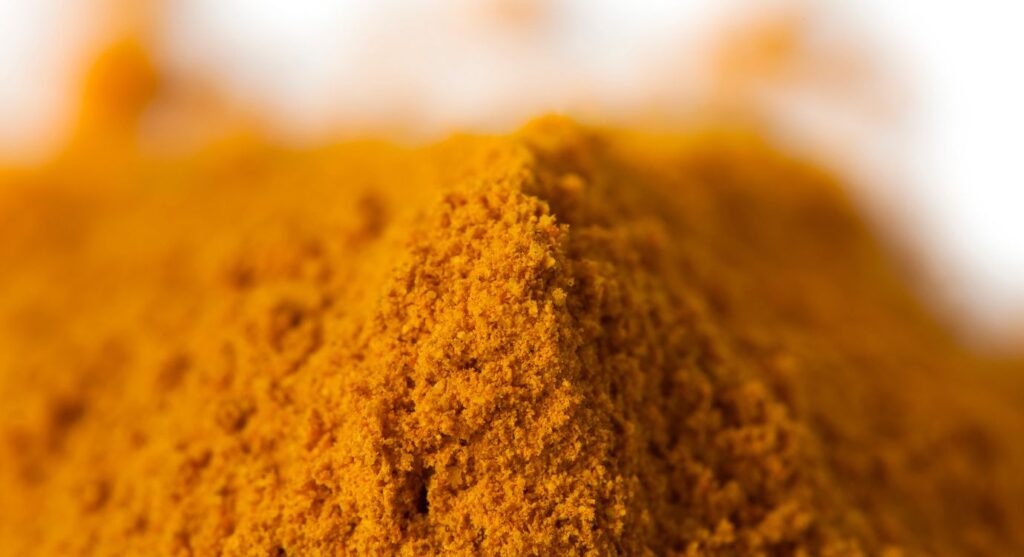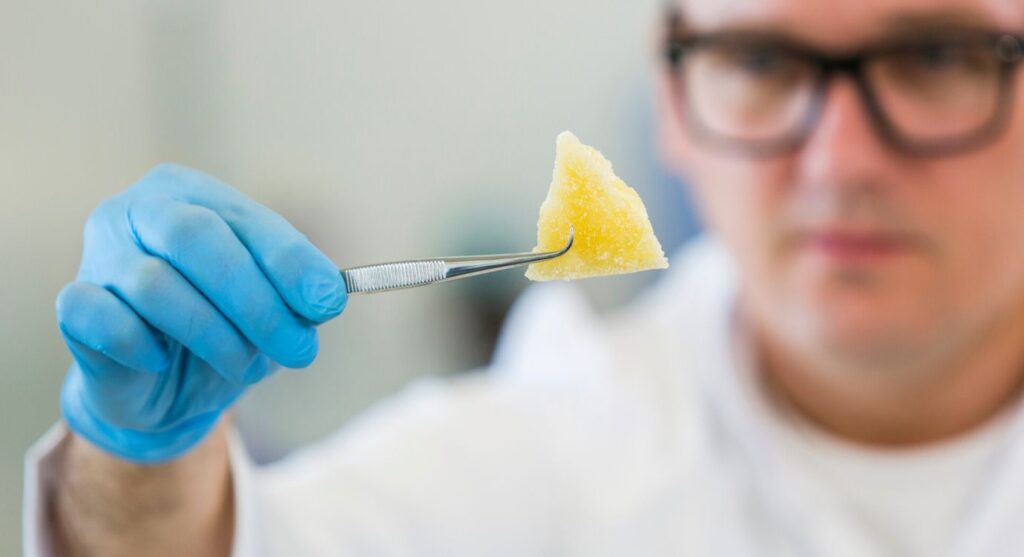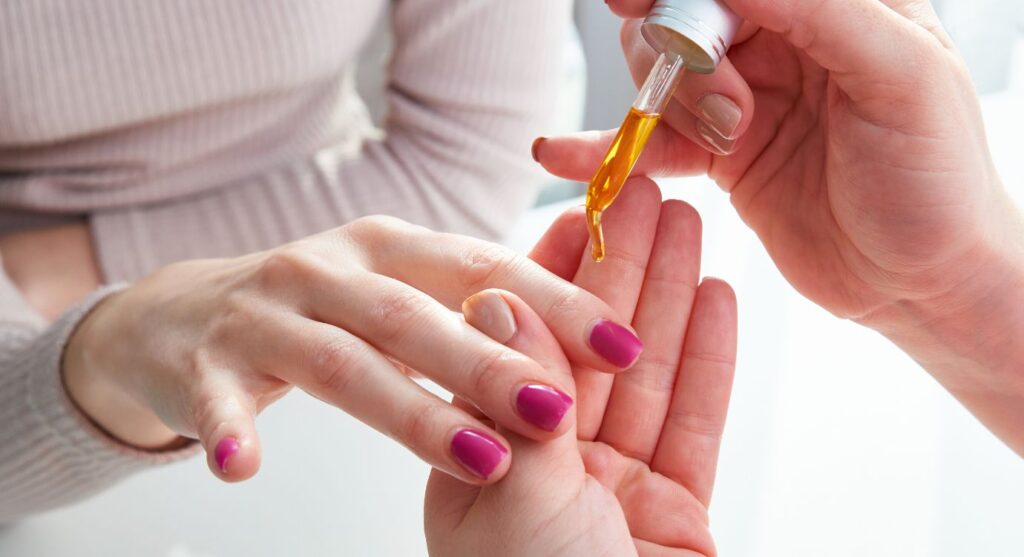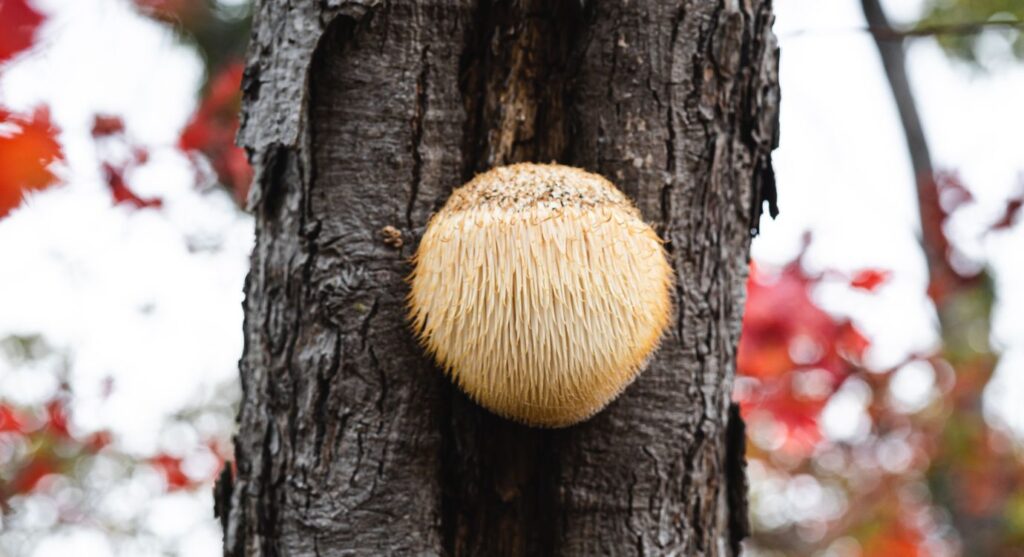CBD products have taken the world by storm in recent years.
More and more people are using CBD oil, CBD capsules and other CBD products to promote better general well-being in the body.
As with any popular product, CBD-related scams and misinformation are widespread.
But don’t fear; we’re here to help you avoid falling into the trap!
By arming yourself with proper information, you can avoid scams and misinformation and ensure you only buy quality products.
Let’s consider what you need to know to avoid some everyday CBD-related deceptions.
In this guide, we’ll cover:
- How do you know if your CBD oil is legit?
- Common CBD scams to look out for
- How can you tell you’re getting a good CBD oil?
In this guide:
Is CBD a scam?
Let’s get this straight – CBD itself is not a scam!
It’s not psychoactive and it can have beneficial properties for your well-being.
However, because it’s a relatively new industry, there are a number of dodgy companies that have been set up to take advantage of people who don’t know better.
This could happen in any industry with a new product and isn’t limited to CBD, but due to a lack of regulation in the CBD industry, brands can get away with it more easily.
Additionally, most CBD is bought online instead of in a brick-and-mortar store, meaning you can be scammed more readily.
So, we can confidently say that CBD is not a hoax, but CBD-related scams are the real deal!
10% off on your first order
Complete this one-minute quiz and find the right products for you.
Why do CBD scams exist?
Before we get into the common CBD-related scams and how to avoid them, let’s take a look at why these scams exist.
Scams and fraud are unfortunately common when it comes to wellness products.
Customers looking for CBD products to promote their health and well-being are easy targets for unethical operators looking to deceive customers for their financial gain.
To add to the problem, there is also copious amounts of misinformation surrounding CBD.
Many people don’t fully understand what CBD is, the chemical composition thereof, and the benefits and legality of CBD in the UK.
Read more: CBD benefits
Therefore, misinformation may be circulated unknowingly by people who believe it to be true. Fraudsters can also deliberately use it to pass off an inferior product.
This makes it relatively easy for false and misleading information to spread.
Misinformation is further exacerbated by the digital age, which easily allows the flow of unverified claims over the internet and social media.
Next, let’s look at why this is a problem and why reliable information about CBD is essential.
For a quick overview (or if you are lazy to read!), check out our video guide to help you spot CBD scams and misinformation:
What are some common CBD oil scams?
Without further ado, here is a list of common CBD scams you should be aware of:
Scam 1: Mislabelled products
Mislabelled products may have a lower CBD content than advertised, meaning that you are unlikely to receive the same benefits as you would with a quality, more concentrated CBD product.
In the worst cases, these diluted products may have virtually no CBD in them or even none at all!
Any label that indicates an inaccurate concentration, whether too high or too low, makes it impossible for you to make sure that you take the right dose.
Scam 2: High THC
Mislabelling can also mean that there are other cannabinoids and compounds present in the product, including THC.
This can be dangerous, especially if it comes to CBD oil and driving or if you operate heavy machinery.
Not to mention it is illegal. Any company selling a CBD product with high THC levels (above 0.2% in the UK) is breaking the law and needs to be shut down!
Read more: CBD vs THC
Scam 3: Claiming CBD is a medical treatment
Another more subtle scam can be seen in the claims made by some CBD companies, who oversell the advantages of CBD, or claim it to be a medical solution.
It is important for CBD brands and retailers to clearly communicate the benefits of CBD oil without claiming that they have specific medicinal uses or are some kind of miracle cure.
Not only is this unethical, but these types of false claims are also illegal in the UK.
Read more: Medical cannabis UK
Scam 4: CBD oil trial scams
Whilst free trials are great in lots of cases, most reliable companies will know that they can’t afford to make high-quality CBD if they give it away for free.
In these cases, they’ll likely ask for you to just pay shipping fees, and then send you a product that is not very good.
You can still find plenty of deals on your CBD – such as subscription discounts or promotion codes – for example, Evopure’s Subscribe & Save deal.
Scam 5: High CBD content, low price
And finally, one of the most important things to look out for when buying CBD is the price.
The cost of CBD can shock people at first, and lead customers to look for much cheaper alternatives. However, the prices are high for a reason.
CBD extraction is expensive, not to mention licensing costs, packaging and marketing (and many more!), so if you’re finding high CBD content products for a lower price than average then you’re probably looking at a scam.
Read more: Why is CBD oil so expensive?
5 ways to avoid CBD scams
As we’ve seen, misinformation and CBD-related scams can be a problem. If you are not savvy enough, you could risk buying a product that is harmful to your health or does not deliver the expected benefits.
So let’s look at what you can do about it:
1. Understand the terminology
Firstly, before you can buy CBD products and be confident in what you are getting, you must understand CBD terminology.
There are several specific terms when it comes to CBD and other cannabis-related products, and you need to know what they mean to understand product information.
Of course, this won’t protect you from scammers deliberately trying to mislead you. However, being clear about the terminology does help ensure you are not confusing the different ingredients and types of CBD.
For example, terms like hemp, marijuana and CBD are often thrown around interchangeably. But, in the UK, CBD must be extracted from hemp plants and contain minimal quantities of THC. Therefore, if you don’t know the difference between hemp vs marijuana, you can easily buy an illegal product.
Read more: CBD terminology guide
2. Check the source and ingredients
Once you’re armed with a least a basic understanding of CBD terminology, the next step is to apply this knowledge and check the ingredients of the CBD products you’re considering buying.
Carefully read the label or the ingredients list on the product’s website. If these aren’t listed, ask the retailer or manufacturer for more details – they should have no issue sharing this information.
You want to check this data for the CBD content, the concentration of THC and other cannabinoids, and any other ingredients that may be present.
At the same time, you should verify the source of CBD.
In other words, the type of plant that the CBD is extracted from. The UK’s legally-sold CBD should only be derived from EU-certified hemp plants.
These plants are specifically selected from their high concentration of CBD and low concentration of THC.
Furthermore, buying CBD extracted from organic hemp means that there are no pesticides or chemical fertilisers present that may make their way into the final product.
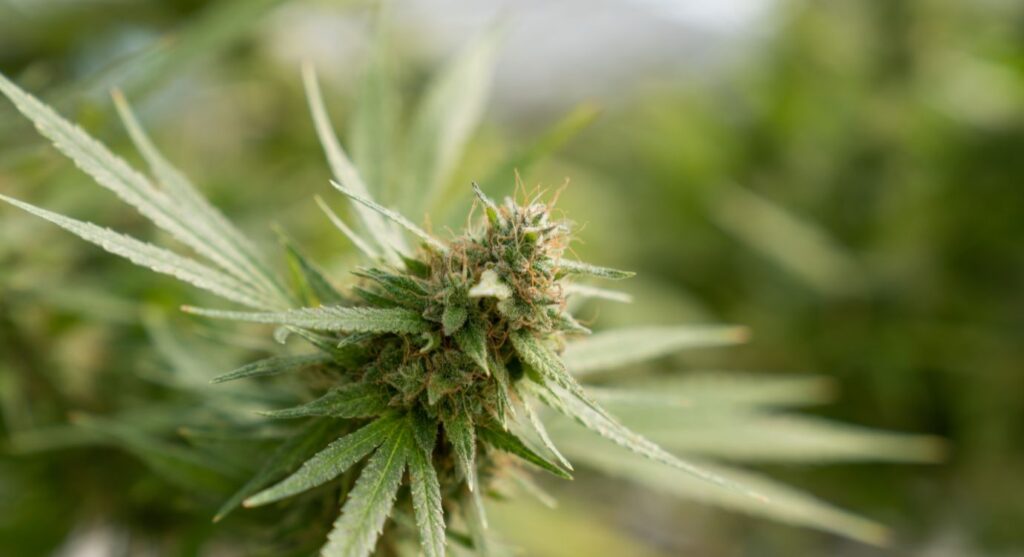

3. Beware of “bargains”
As with so many things, if you see a CBD product that seems too good to be true, it probably is. If you see a seller offering an incredible deal on a CBD product, it may be because their product is diluted or substandard in other ways.
In particular, be wary of large bottles of CBD oil.
Unscrupulous sellers may advertise a large bottle at a bargain price, trying to trick customers who don’t know that there is actually the same amount of CBD as in a small bottle sold elsewhere.
Always check the concentration and calculate the price for the amount of CBD rather than the total volume of the product.
Disregard vague terms like “high potency” or “strongest” and look for the concentration in a percentage or mg amount. Even if a company is selling a concentrated product for a low price, there must be a reason for this.
Most often, this is because they have cut corners in the production process and are selling an inferior product.
Read more: CBD oil strength explained
4. Check the product’s quality
Reputable CBD retailers will also post the lab test results for the products they sell on their website or, at the very least, will have this information available upon request (you can check out Evopure’s lab results here!).
These tests can be conducted in-house or by a professional third-party lab.
You should always check this information before buying a CBD product. This will tell you vital information, such as the actual concentration of CBD, which you can use to verify the information on the product label.
They will also indicate what other compounds, ingredients and chemicals are in the product. Checking the lab results will allow you to double-check this and ensure there are no harmful chemicals or toxins in the product.
Read more: How to read CBD lab results
5. Buy from a reputable seller
Checking the information given to you by the seller can go a long way to making sure you’re buying a good product. It doesn’t, however, protect you from a fraudster who is lying to you outright.
This is a pitfall of the modern age when there are online retailers across all industries who will try to dupe and deceive their customers for profit.
The best way to avoid this is to only buy from reputable sellers online. Be very wary of amateur sites pushing cheap CBD products.
Check the site information and contact details to see if they look like an honest company, and call the contact phone number if you’re unsure.
Equally, avoid individual sellers on online marketplaces – buying CBD on Amazon or eBay is not a good idea. Generally, “CBD” products on these sites are extremely dilute because these platforms do not allow the sale of actual CBD products under their terms and conditions.
Look for companies that have gained a reputation for the quality of their product. Check the reviews to see what their previous customers say (check out Evopure’s reviews here!).
It would help if you also looked at how a company markets its products to gauge its trustworthiness.
Any seller who makes absurd or outlandish claims about CBD doesn’t know what they’re talking about. Instead, look for companies that focus on educating customers.
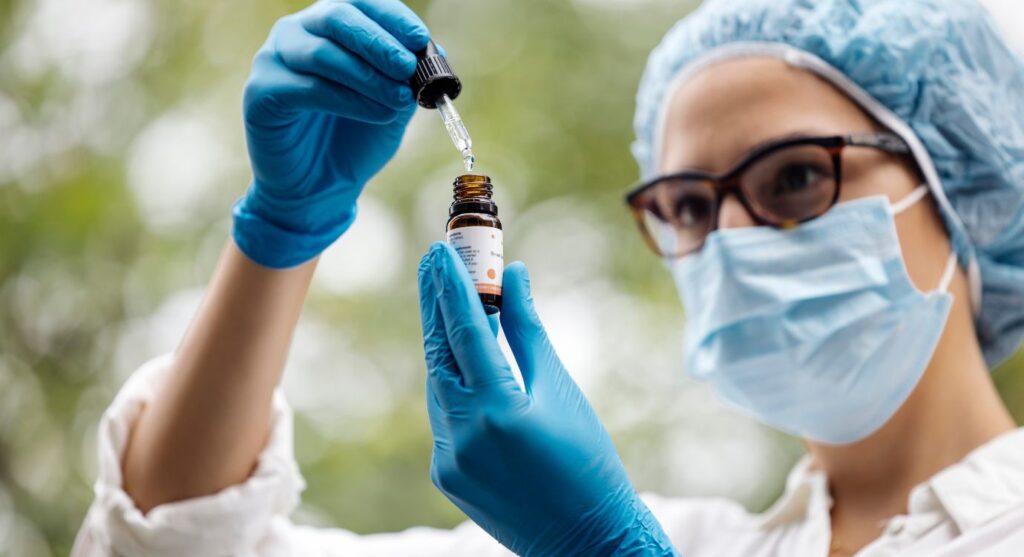

Final thoughts on CBD scams
There is a great deal of misinformation around when it comes to CBD and CBD products. Equally, there are, unfortunately, some unscrupulous sellers who will try to scam their customers to a greater or lesser degree.
CBD is not alone in this respect, but this means that you should educate yourself on the basics of CBD and take specific steps to ensure that you are not taken for a ride.
The key things you can do to avoid CBD-related scams and misinformation are:
- Educate yourself about CBD, in particular, the terminology
- Check the source, ingredients and quality assurance information before buying a product
- Beware of excessively cheap products or brands that make absurd claims, and only purchase from a reputable seller





